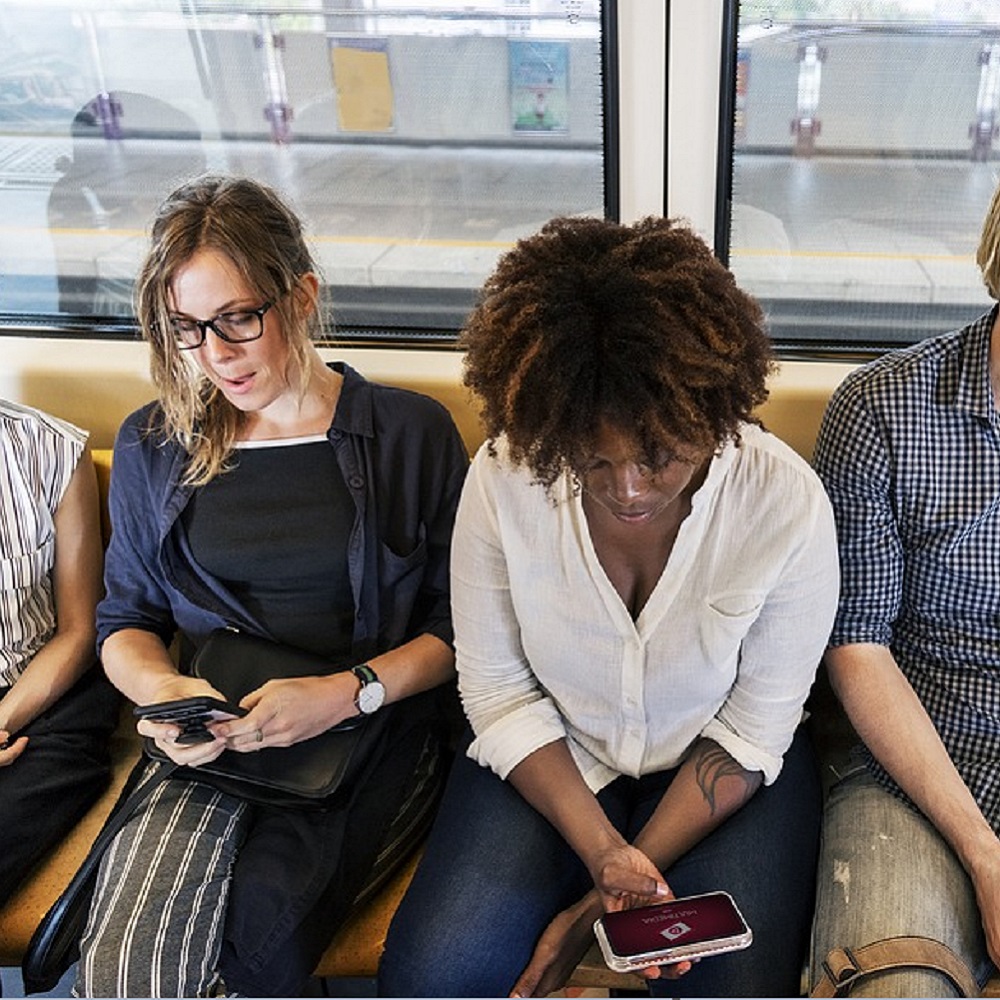Learning From Others

We research social structure, social networks and social identity
- Social structure, social networks and the evolution of cooperation
- Identities and passivity in social networks
- Social identify in online trading
View further details of each research focus and a list of members below. Learn more about our members individual research interests by visiting their staff profiles:
Social Structure, Social Networks and the Evolution of Cooperation
The evolution identities related to pro-social behaviour and cooperation interacts with network structure. Research by the group has shown that networks can be crucial for the evolution of cooperation in a variety of ways. In particular, they can be vehicles of information transmission e.g. about past cooperative behaviour of others, or they can serve as punishment mechanisms by excluding non-cooperative agents from future interactions. Assortative matching between more cooperative and less cooperative types can make cooperative attitudes successful in an evolutionary sense and can even affect pro-social behaviour directly. Networks also reflect social cohesion and wealth inequality which we have shown to affect cooperative behaviour.
Identities and passivity in social networks
Social network, as Facebook and others, allow investigating the attitude of individual in regard to being active or passive. This clearly relates to the identity of the individuals. We develop a model in which the interaction partners of an agent can be distinguished in two groups, those she actively chooses to interact with and those who actively choose to interact with her, i.e. those who she passively interacts with. The present project seeks to study consequences of active vs passive neighbors on the long run evolution of conventions and the social identity of the players.
Social identify in online trading
Online platforms allow individuals in a social network to interact on a variety of dimensions. In particular, the copy-trading platforms allow traders embedded in the social network to receive information on the investment decisions of others and to directly copy these decisions. The identity of the traders affects the decision to copy or ignore the strategy of others. As risk taking is also affected by social identity these innovative trading platforms may have major effect on risk in societies at large. Finally, social networks can be vehicles of information transmission about past cooperative behaviour of others and serve as punishment mechanisms. Lab experiments have shown that in- and out-group biases are affected by network structure even when social identity is artificially induced in the Lab.
Our work
Our publications
- “Experiments on Belief Formation in Networks,” V. Grimm and F. Mengel, Journal of the European Economic Association, 18(1), 2020: 49—83.
- “Copy Trading,” J. Apesteguia, J. Oechssler and S. Weidenholzer, Management Science, 66(2), 2020: 5485—6064.
- “Lock-in through passive connections,” Z. Cui and S. Weidenholzer, Journal of Economics Theory, 192, 2021: 105187.
Our media articles
- “Financial social trading networks: The case of copy trading platforms,” J. Apesteguia, J. Oechssler and S. Weidenholzer, VoXEU.org, 29 September 2018.







